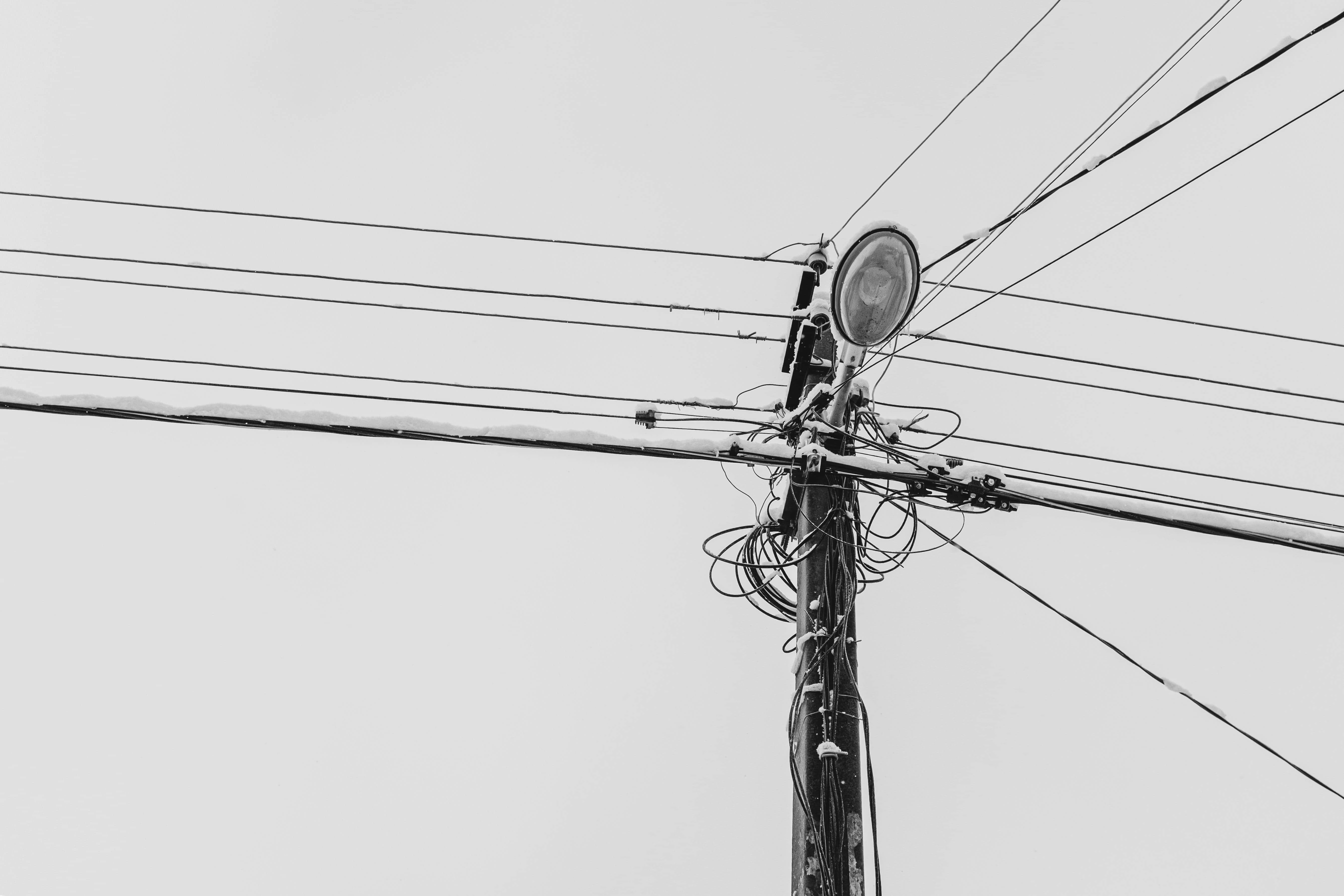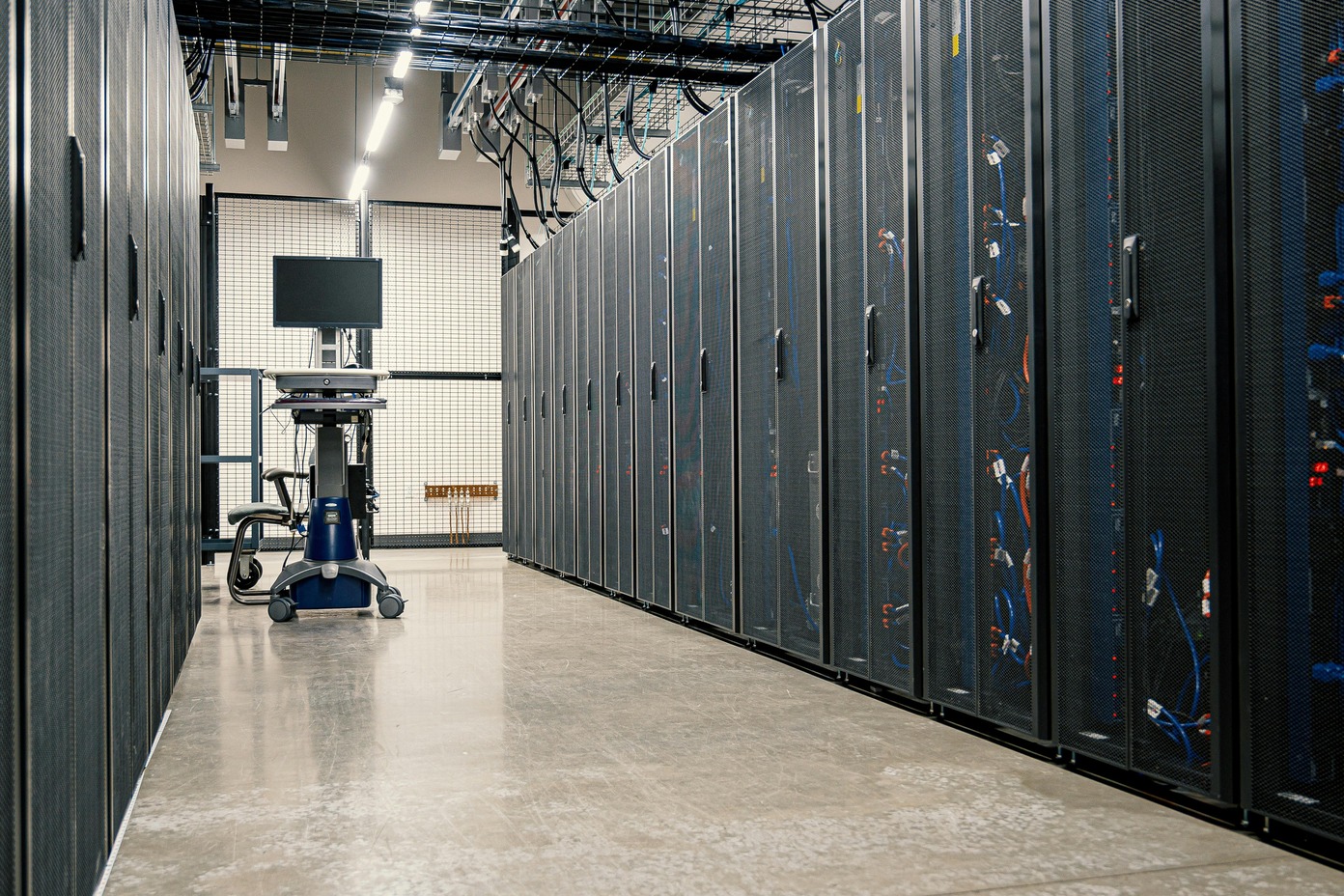
How Efficient is Nuclear Energy?
Learn how nuclear energy stacks up to other renewable and non-renewable types of energy generation.
How Efficient is Nuclear Energy?
00:00 / 00:00
Let's begin with the obvious, there is a lot of stigma around nuclear energy. There are concerns about safety, questions about waste, and a handful of misunderstandings.
So why do some people believe it is a vital part of our energy future?
The short answer is that it has massive energy density and is carbon-free.
We'll start with what is nuclear energy. Then, dive into comparisons. We'll point out the key points of sustainability. And we'll finalize with the ongoing research and innovations.
What is Nuclear Energy?
Nuclear Energy is energy, in the form of heat, extracted from splitting an atom in two with a neutron. This process is called fission. Nuclear fission uses atoms from uranium or plutonium.
Once one atom is hit, other neutrons are scattered. This causes a controlled chain reaction of splitting other atoms. This reaction takes place in a Nuclear Reactor.
The heat generated from a nuclear reactor can be turned into different types of power or used for processes. Some examples include building heat, electricity, shaft horsepower, water desalination, and other industrial processes.
There are two types of nuclear energy: fission and fusion. All of the power plants on Earth today use Fission.
Fusion is a process that releases heat by combining two small atoms. Fusion typically uses hydrogen or helium. Fusion already naturally occurs in the Sun using hydrogen. It then releases helium as a byproduct.
Because this process already exists, we know it is possible. However, we have yet to commercialize a Fusion reactor successfully. There are several large research teams and projects evolving today around the world.
We will dive a little deeper into Fusion at the end of the article. For now, let us focus on fission.
Is Nuclear Renewable/Sustainable/Clean?
Renewable, sustainable, and clean all have different meanings for an energy source. Let's break down what each one means first. Then determine where nuclear energy fits.
Is Nuclear Energy Clean?
Targeting climate change includes reducing the amount of carbon dioxide in the atmosphere. Power plants burning fossil fuels are called "dirty" because their emissions release greenhouse gases, including carbon dioxide, into the atmosphere. Nuclear Reactors do not emit carbon dioxide; they are carbon-free. By this definition, nuclear energy is clean.
Nuclear power generation does result in waste. However, the amount of waste generation is the lowest out of all other energy sources.
The United States creates about 2,000 metric tons of nuclear waste a year. For comparison, coal produces about 120 million tons of waste a year! Even the manufacturing of solar and wind technologies creates more waste than nuclear.
Is Nuclear Fuel Renewable?
The definition of renewable is not depleted when used. Based on this, the short answer is no, nuclear fuel is not renewable. Renewable examples would be water, wind, and solar energy. These sources will not be depleted when used for energy generation.
The main fuel for nuclear reactors is uranium. Uranium is a metal that needs to be mined, refined, and enriched before being loaded into a reactor. Since uranium is a metal, it is not considered a fossil fuel. Fossil fuels are created from organic matter over a thousand years.
Now you may be questioning, "Well, how much uranium do we have?". Great question! According to Scientific America, at today's consumption rate, we have about a 230-year supply of uranium.
Is Nuclear Energy Sustainable?
Sustainability is the ability to maintain a certain rate or level. It can also be defined as the avoidance of the depletion of natural resources in order to maintain an ecological balance.
While we seem to have plenty of uranium to provide energy to the world for a few hundred years, it is ultimately a finite source. Creating solar panels or wind turbines also includes using certain depletable materials such as silicon, aluminum, steel, iron, and copper.
How Efficient is Nuclear Energy Compared to Other Sources?
Nuclear energy is extremely efficient!
As a matter of fact, even energy.gov says "...and it's not even close!" Nuclear has a 92.5% energy factor.
- Geothermal Energy 74.3%
- Natural Gas 56.6%
- Hydropower 41.5%
- Coal 40.2%
- Wind 35.4%
- Solar 24.9%
The energy density of uranium is what makes it so much more efficient than any other fuel source. It literally contains millions of times more energy per mass than any other fuel source! Meaning less fuel, less waste, and more electricity generated.

It is difficult to compare nuclear plants against other sources because it is vastly different. Power plant construction and economic challenges need to be considered.
Solar, as a renewable energy solution, has been growing in popularity because of its ease of use, economical manufacturing improvements, and commercial growth.
Almost everything about nuclear energy is more expensive. Not only does it take decades to build a nuclear power plant, but it takes billions of dollars as well. At the same time, the climate crisis is waiting for no one.
Fission, Fusion, and the Future
The future of fission and fusion is fascinating!
Nuclear technology researchers are having breakthroughs in fusion as we speak! This is huge because the promise of fusion is more energy, less waste in quantity, and radioactivity, all while using a more abundant and accessible resource, hydrogen. Hydrogen is the most abundant element in the universe!
Though the complexity of building a commercial fusion power plant brings challenges. There have been success stories of creating a fusion nuclear reaction but not at a feasible scale for commercial purposes.
Here is some additional reading material on the future of nuclear energy.
Fusion Innovation
Written by Hannah Bastawrose (Seeger)
Hannah graduated from Penn State with a Bachelors Degree in Mechanical Engineering and a Minor in Meteorology.
Connect
Recent Posts
Road to Recovery: Fort Worth homeowners receive $27 million after 2021 Winter Storm Uri
Fort Worth residents are still recovering from the havoc caused by Winter Storm Uri in 2021, but now relief is on the horizon in the form of $27 million in grants.
September 2025

3 minutes

Pricing Progress: Who will pay the price for AI data centers?
Today, a single AI data center consumes enough electricity to keep the lights on in 80,000 U.S. households to be exact. So where does all this power come from exactly? And, who is bankrolling all these data centers that keep popping up? Spoiler Alert: It might be you.
February 2026

6 minutes

How does the Texas Electricity Grid work?
No one ever seems to think about the power until it goes out and Texans know that better than anyone. Between the dumpster fire that was Winter Storm Uri in 2021 and more frequent and intensifying weather related events, residents of the Lone Star State are forced to reckon with the power grid more than they’d like.
February 2026

4 minutes



